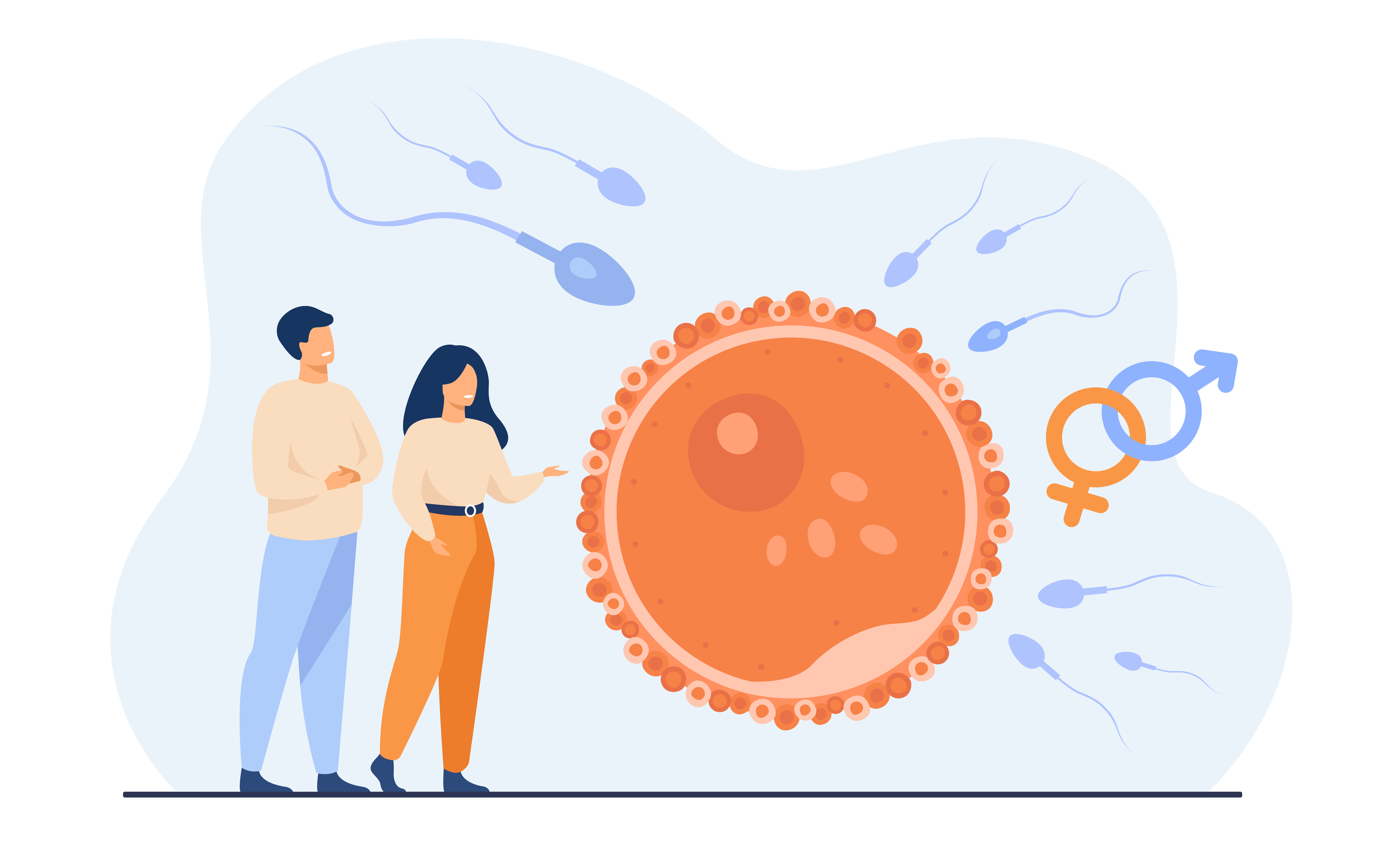You have more influence over your fertility than you think, despite alarmist articles to the contrary. While polycystic ovary syndrome (PCOS) can affect your hormones and reproductive system, there are things you can do to improve your chances of getting pregnant.
Whether you have PCOS or not, becoming pregnant can be challenging. Throughout the process, irritation and impatience are frequent emotions. In this article, we’ve compiled a list of natural therapies that you can use in conjunction with medical intervention or as the first step of your pregnancy plan.
Maintaining Weight
A common side effect of PCOS is weight gain and the inability to lose it. Being overweight or obese has a number of physical and mental consequences, but it can also have a negative impact on your fertility. Excess weight affects hormone circulation, which can lead to a variety of issues with your reproductive system.
Obesity is estimated to be the cause of 25% of ovulatory infertility. The good news is that decreasing just 5-10% of your body fat will enhance your chances of becoming pregnant significantly. If you’re trying to conceive, taking regular exercise and eating a healthy diet should be top of your priority list.
PCOS Diet
Any woman who is attempting to conceive needs to consume the correct nutrition. Replace sugary foods, simple carbohydrates, and unhealthy fats with healthier alternatives, such as:
- Fruits and vegetables, both raw and cooked
- Brown rice, oats, and barley are examples of whole grains,
- Beans and lentils.
- Chicken\ Fish
A healthy pregnancy and a growing baby require certain vitamins and minerals. Consult your doctor for recommendations on the best vitamins for you. The following supplements may aid fertility:
- folic acid (vitamin B9)
- B6 vitamin
- B12 (cobalamin)
- C vitamin
- D-vitamin
- a source of vitamin E
- Q10 coenzyme

Lifestyle
Reduce Stress
Stress is a modern-day epidemic, we’ve said it before, and we’ll say it again: it’s a modern-day epidemic. You can learn to regulate it with the right tools and application, though. Not only will your body and mind reward you, but you’ll also have a better chance of getting pregnant.
An overworked mind equals an overworked reproductive system. Running, brisk walking, swimming, or dancing are all excellent ways to release stress. Yoga, tai chi, and pilates are all good options for something a little slower and more calming. Your stress levels should improve if you combine it with meditation, mindfulness, visualisation, or deep breathing.
Avoid consuming alcoholic beverages.
It should go without saying, but alcohol should be avoided while attempting to conceive. Frequent drinkers are more likely to develop menstrual disorders such as amenorrhoea, dysmenorrhoea, and irregular periods, as well as early miscarriages and stillbirths. Even modest amounts of alcohol can increase the amount of free radicals circulating in your body, which is bad for ovulation and egg quality.
When women are attempting to conceive, it is commonly assumed that one or two beers are safe. Recent research into this issue has discovered that even modest drinking (five or fewer drinks) can have a negative influence on fertility. vii It’s advisable to avoid alcohol as much as possible to give yourself the greatest chance possible, especially since PCOS can sabotage your chances in other ways.
Cigarettes should be avoided.
Cigarettes, like alcohol, are not recommended if you’re trying to conceive. Toxic substances in cigarettes reduce blood flow, interfere with oestrogen production, and result in genetic defects in eggs.
Data on smoking history was collected from 678 pregnant women in one research. Only 28% of smokers were able to conceive during their first cycle, compared to 38% of nonsmokers. According to the data, smokers were 3.4 times more likely than non-smokers to take over a year to conceive. Overall, smoking can cause reproductive issues and postpone conception.

Medication
If you have PCOS, your body may produce more of both the male and female hormones testosterone and oestrogen. It can be difficult to get pregnant if you have too much (or too little) of certain hormones. To help you balance your hormones, your doctor may prescribe a prescription drug.
The following medications can help you get pregnant if you have PCOS:
- Metformin helps to keep insulin levels in check.
- Clomifene can assist balance oestrogen levels
- Estrogen and testosterone levels must be balanced with birth control tablets (before beginning fertility treatment)
- Fertility drugs that stimulate the ovaries to produce more eggs



